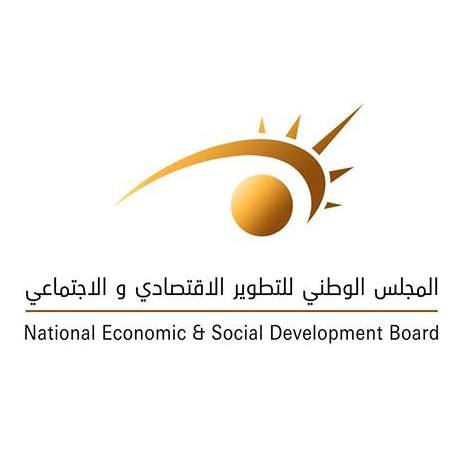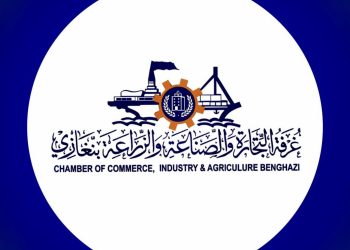The National Social and Economic Development Board (NESDB) organised a dialogue session at its Tripoli headquarters yesterday entitled “Economic Policy Harmonization”. The dialogue is part of the NESDB’s efforts to coordinate and integrate economic policies in Libya between government agencies and the public and private sectors.
The dialogue was attended by the Director General of the NESDB, the Minister of Economy and Trade, the Minister of Finance, the Undersecretaries of the Ministries of Economy and Trade, Finance, and Social Affairs, the Undersecretary of the National Planning Council, the Executive Director of the Libyan Union of Industry, the Director General of the National Industry Promotion Authority, and the Chairman of the Board of the Libya Trade Network. Participants also included several college deans, representatives of the Central Bank of Libya, economic experts, academics, businessmen, and investors.
The dialogue aims to present the outcomes of the Economic Policy Alignment project to specialists, experts, and decision-makers, with the aim of reaching consensus on the mechanisms for implementing the economic policy reform programme in Libya.
The discussion sessions addressed the following topics:
• Reviewing the macroeconomic situation in Libya over the past five years.
• Discussing mechanisms for achieving harmony between fiscal, monetary, and trade policies.
• Ways to enhance economic stability and support sustainable development.
• Establishing the principles of transparency and accountability in economic decision-making.
• Improving the standard of living and achieving social stability.
Participants emphasized that the dialogue represents a comprehensive consultative platform bringing together experts, decision-makers, and economic institutions, with the aim of unifying visions on the future of the Libyan economy and ensuring policy coherence to achieve comprehensive and sustainable development.
The dialogue concluded with several recommendations, most notably the need to activate the Supreme Council for Economic Policies as the optimal institutional framework for coordinating efforts among state institutions and ensuring the sustainability of economic reforms.
Commenting exclusively to Libya Herald on the dialogue, the Director General of the NESDB, Mahmoud Al-Futaisi, stated that there is ongoing coordination between various government agencies, primarily the relevant ministries of economy, finance, and planning, as well as various public institutions and bodies involved in economic activity, and non-governmental entities such as the Chambers of Commerce and the Libyan Industry Union, to achieve a comprehensive development vision for the national economy by harmonizing economic policies in a coordinated and prioritised manner.
Al-Futaisi said that understanding the components of economic policies lies in understanding fiscal policy:
- Neutrality, which relates to government spending and revenues.
- Monetary policy, which is managed by the Central Bank and includes control of the money supply, interest rates, and exchange rates.
- Trade policy, which determines the nature of imports and exports, customs duties, and trade agreements.
- Investment and industrial policy, which aims to encourage investment, develop productive sectors, and provide a suitable business environment.
Al-Futaisi stressed the need to continue the steps to harmonize economic policies by unifying the national economic vision with the establishment of a permanent institutional coordination mechanism, and the need to determine spending and reform priorities based on realistic economic data and to accelerate the involvement of the private sector and experts in formulating policies.









